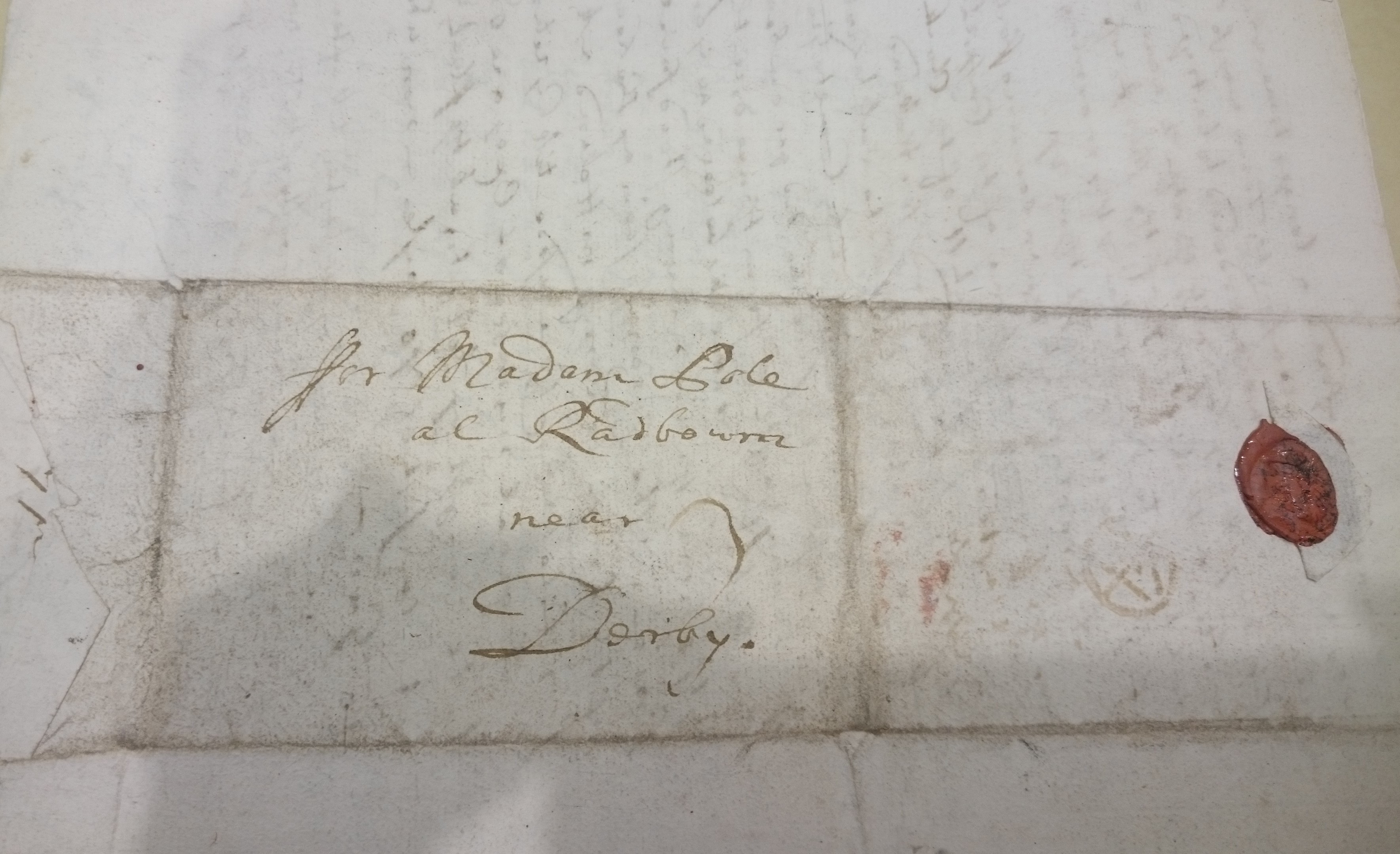Women, Letters, and News Cultures in the Seventeenth Century by Hannah Jeans, Visiting Graduate Student Fellow at the Beinecke Library, Summer 2018
The seventeenth century was a formative time for the modern news genre. Printed news publications, often seen as forerunners of the modern newspaper, exploded, and people began reading the news in greater numbers than ever before. In historiographical discussions of this phenomenon, however, women – particularly women readers – are often overlooked. The Pole newsletter collection at the Beinecke (OSB MSS 60), consisting of over 300 manuscript newsletters addressed to one ‘Madam Pole’, represent a largely underused resource for examining women’s participation in seventeenth-century news cultures.
My PhD research is focused on women’s reading habits in seventeenth-century England, looking at women’s participation in reading cultures and practices, and how they used reading to express and negotiate their gender identity. My fellowship at the Beinecke allowed me to explore materials for a chapter on women news readers. Madam Pole was likely born Ann Mundy, and married Samuel Pole, Esq., with whom she lived in the village of Radbourne, near Derby. The newsletters were usually sent every 2 or 3 days, and cover the period 1691-1695. They include both international and domestic news, reporting on a range of topics such as the progress of the Nine Years’ War, international relations and court intrigues, natural disasters, English parliamentary proceedings, and news from London court society.
The letters attest not only to Pole’s clear interest in the news, despite her gender, but also to the relationship between manuscript and print news culture in the period. Various references to print publications within the Pole newsletters give an impression of news reading practices that were extensive, combining both manuscript and print texts, and demonstrate the continued importance of manuscript news transmission alongside the increase in popular print genres. They are an extremely useful resource for examining women’s place with the developing genre of news culture of the seventeenth century.
Image: 6th January 1691. Box 1, folder 1, OSB MSS 60
Hannah Jeans is a doctoral candidate in History at the University of York, and has a background in early modern history and women’s history. Her thesis looks at women’s reading habits in seventeenth-century England, examining questions of gender, identity, and early modern ways of reading.
***
The Beinecke Library encourages scholars, students, and the public to engage the past in the present for the future. In the service of new scholarship, the library offers generous fellowships for visiting scholars and for graduate students to support research in a wide range of fields. Learn more about fellowship opportunities.
